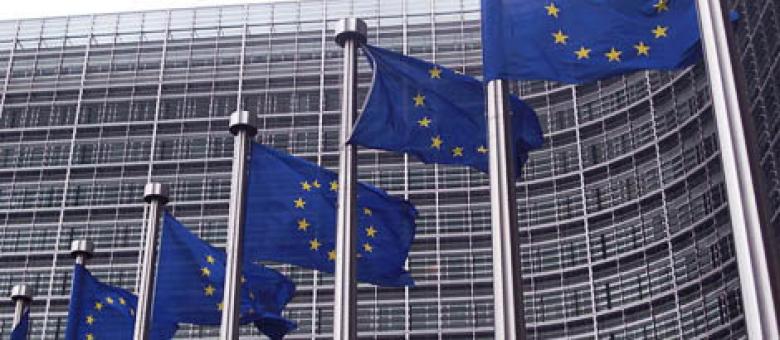
News

European Commission: Fight against trafficking of cultural goods
Trafficking of cultural goods is illicit import, export and transfer of ownership of cultural property, i.e. items being of importance for archaeology, prehistory, history, literature, art or science. Trafficking in cultural goods can take different forms, ranging from theft from cultural heritage institutions or private collections, through looting of archaeological sites to the displacement of artefacts due to war.
The European Commission cooperates closely with a number of organisations to strengthen the regulatory environment. These include:
- United Nations Educational, Scientific and Cultural Organization (UNESCO)
- International Criminal Police Organization (INTERPOL)
- International Council of Museums (ICOM)
- World Customs Organization (WCO)
- International Institute for the Unification of Private Law (UNIDROIT)
- United Nations Office for Drugs and Crime (UNODC)
- Council of Europe
The European Commission provided support for ICOM International Observatory on Illicit Traffic in Cultural Goods and for COLOSSEUM - a joint customs operation aimed at combating illegal trafficking of cultural goods both within the EU and exported to or imported from non-EU countries. Also participating were the WCO Regional Intelligence Liaison Office for Western Europe, Interpol, the European Anti-Fraud Office (OLAF), the European Commission’s Taxation and Customs Union Directorate-General (TAXUD), the International Council of Museums, the Italian Ministry of Cultural Heritage and the Italian ‘Guardia di Finanza’.
Moreover, the fight against illicit trafficking is also considered by the EU in its relations with third countries.
For example, the Euromed Heritage programme, funded by the EU, has worked closely with UNESCO to build the capacity of national authorities and cultural heritage professionals in the Mediterranean Partner Countries. In January 2014, In the framework of Joint Africa-EU strategic partnership (JAES), the European Commission organized a pan-African Workshop on the protection of cultural goods against plunder, theft and illicit trafficking in Morocco.
Most recently, the EU has supported UNESCO's Action plan for Syria, specifically in tackling the illicit trafficking of cultural goods.
The EU also supported UNESCO's action plan for Mali, in coordination with other international partners. The project included the inventory, digitisation and protection of Timbuktu manuscripts to limit illicit trafficking in the region.
For more information on the agenda of the European Commission:
http://ec.europa.eu/culture/policy/culture-policies/trafficking_en





